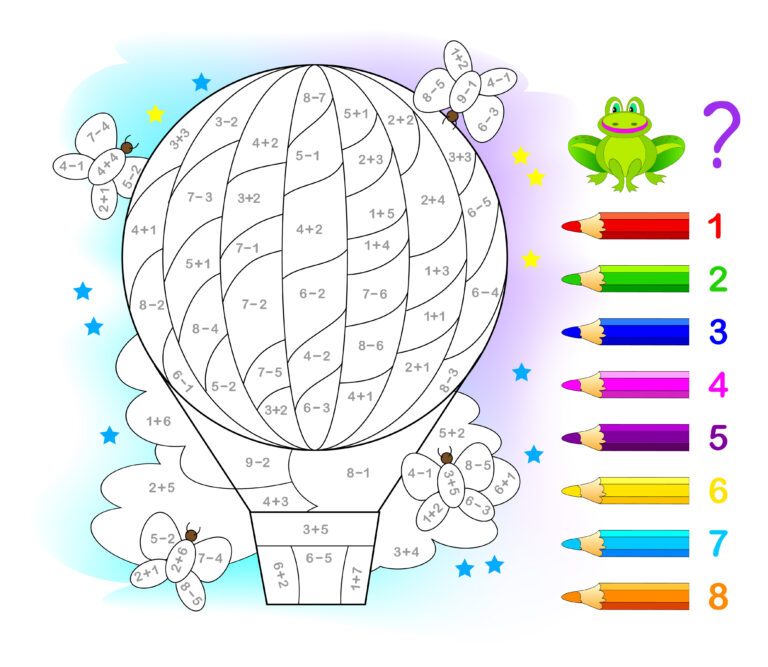Brain training apps can **improve certain aspects of memory**, but their effects are often limited to the specific tasks practiced within the app rather than producing broad, lasting cognitive improvements. Scientific research and expert opinions suggest that while these apps can be useful tools for stimulating the brain, their benefits are most effective when combined with a variety of other lifestyle factors and activities that promote overall brain health[1][5].
Brain training apps typically offer games and exercises designed to challenge memory, attention, problem-solving, and other cognitive skills. For example, apps like Lumosity, Elevate, and CogniFit provide personalized training programs that target short-term memory and focus[1]. Studies have shown that such targeted training can lead to **improvements in the practiced tasks**, and in some cases, users report better memory performance in daily life activities[2]. For instance, a study involving older adults with mild cognitive impairment found that game-based training involving physical movement and cognitive tasks improved memory and cognitive function noticeably in everyday situations such as shopping and conversations[2].
However, experts caution that these improvements often reflect **practice effects**—getting better at the specific games or tasks—rather than generalized cognitive enhancement. The brain’s deeper cortical functions require a more multifaceted approach to achieve lasting changes. Brain training apps alone do not address underlying factors that influence brain health, such as inflammation, stress, sleep quality, and nutrition[5].
The science behind brain training is linked to **neuroplasticity**, the brain’s ability to reorganize and form new neural connections. Regular mental challenges can stimulate this process, potentially enhancing memory and cognitive function over time[4]. Yet, the most effective brain health strategies involve a combination of activities that engage different cognitive domains and physical health factors.
Experts recommend combining brain training apps with:
– **Physical exercise:** Aerobic activity increases blood flow to the brain and promotes the release of brain-derived neurotrophic factor (BDNF), which supports neuron growth and connectivity[5].
– **Healthy nutrition:** Diets rich in omega-3 fatty acids, antioxidants, and polyphenols support neuronal health and reduce inflammation[5].
– **Quality sleep:** Deep, restorative sleep helps consolidate memory and clear brain toxins[5].
– **Stress management:** Mindfulness, meditation, and controlled breathing reduce cortisol levels, protecting brain regions critical for memory[5].
– **Social and mental engagement:** New experiences, social connections, and continuous learning keep the brain flexible and resilient[5].
Moreover, some innovative approaches combine cognitive training with physical movement, such as exergames that require users to perform physical steps while solving memory tasks. These have shown promising results in slowing cognitive decline in older adults with early dementia, suggesting that integrating body and mind training can enhance memory more effectively than cognitive tasks alone[2].
In summary, brain training apps can be a helpful part of a broader brain health regimen, especially when they provide novelty, variety, and real-world application. However, relying solely on these apps without addressing lifestyle factors and engaging in diverse cognitive and physical activities is unlikely to produce significant or lasting memory improvements[1][5].
—
**Sources:**
[1] Woman & Home, “5 brain health exercises that boost concentration and memory”
[2] Technology Networks, “Game-Based Training Slows Cognitive Decline in Older Adults”
[4] Infusion Health, “Daily Brain Exercises to Boost Memory & Focus”
[5] Hello Magazine, “Do brain training apps actually help? Here’s what science says”





